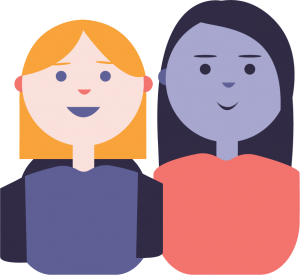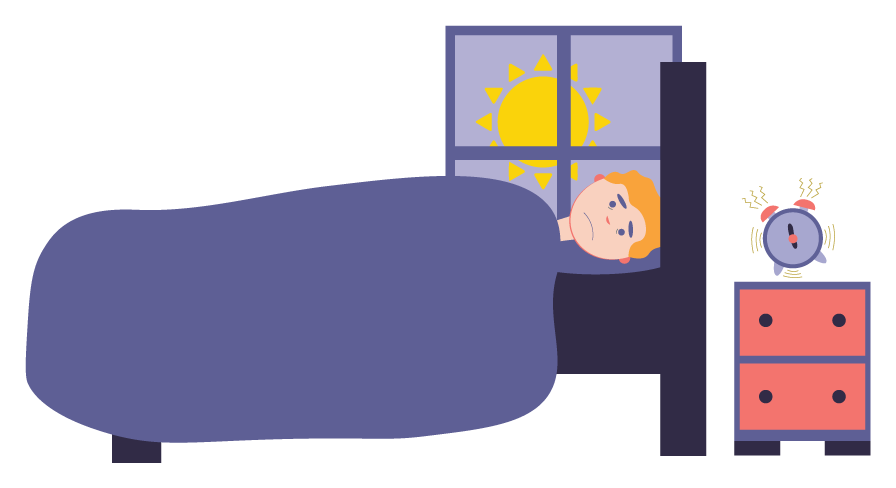
Teenagers have delayed secretion in the sleep hormone, melatonin. This causes them to feel sleepy later, and wake later in the morning.
Poor mental health, academic challenges and substance-use are common issues during the teenager years. Research shows good sleep can have a positive impact on these factors.
Like nutritious foods and exercise, sleep is fundamental to health and reaching one’s full potential.

2 OUT OF EVERY 3 TEENAGERS IN OUR COUNTRY REPORT NOT GETTING ADEQUATE SLEEP







American Academy of Pediatrics (AAP) Policy Statement: August 2014
The AAP was the first organization to strongly support the efforts of school districts to optimize sleep in students by starting middle and high schools no earlier than 8:30 a.m. Many other health care institutions followed with similar recommendations
MN Sleep Society School Start Time Toolkit
Minnesota sleep professionals created this toolkit in order to share the science behind later school start times and help teenagers, parents and school leaders. Several schools in our state have moved to healthier start times and superintendents outlined the process they found helpful, so other communities could take the same steps.
This is a coalition of health professionals, sleep scientists, educators, parents, students, and other concerned citizens dedicated to increasing public awareness about the relationship between sleep and school hours


Take the “4 Week Sleep Challenge” to learn more about your sleep pattern.
The better your sleep habits, the better you’ll feel!
Copyright © 2020 Minnesota Sleep Society
Site Design & Programming by Go2 Print Media Group.